
One of life's major decisions is whether to own your own home or to
rent. My Psychology Today article today aims to help you make a decision that reflects
your values and situation.

One of life's major decisions is whether to own your own home or to
rent. My Psychology Today article today aims to help you make a decision that reflects
your values and situation.

One of life’s major decisions is whether to move to a new locale. My Psychology Today article today asks 12 questions to help you make the decision more wisely.

We all interrupt and know it’s not beneficial to you or to your conversation partner. But we may not realize how detrimental. My Psychology Today article today, lays out the bad news and then a quite doable approach to reducing how much you interrupt.
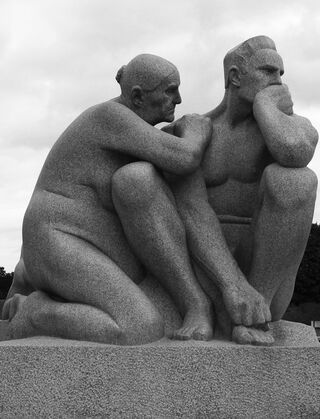
Some adults have long maintained a friend-relationship with their parent(s.) My Psychology Today article today is for people who haven't but, as their parents age, would like to initiate or deepen the existing friendship.

My Psychology Today article today offers thoughts on how a parent can support a child in developing good friendships.
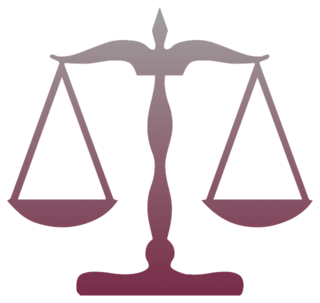
My Psychology Today article today offers five dilemmas that derive from key issues of our time: COVID
and political polarization. For each dilemma, I offer opposing
positions.

My Psychology Today article today offers suggestions on how to find and develop a platonic friendship.

After the infatuation stage, the friend part of a romantic relationship is core to its satisfaction and longevity.
My Psychology Today article today offers suggestions on how to develop that friendship.
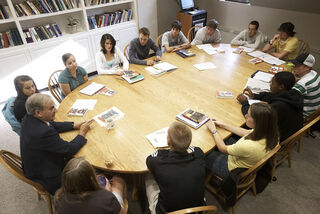
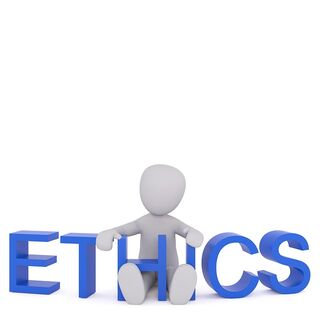
Most people know the ethical thing to do, but when it's inexpedient, they may succumb to the temptations of money, power, or hooking-in the romantic partner they want.
Most people act ethically when it is expedient — for example, making a sizeable charitable donation when the right people will see it. Only a tiny percentage of charitable donations are made anonymously. The challenge is to do the right thing when it's inexpedient.
This refers not just to obvious malfeasance such as absconding with employer or shareholder money, sandbagging a rival for a promotion, or feigning love to trap a desirable romantic partner. It's more often such issues as a salesperson withholding information that would nix a sale, a romantic partner being unduly selfish, or a boss earning enough to live richly while worker bees struggle to pay the rent on a modest place.
In my Psychology Today article today, I lay out the elements of an ethical self-improvement plan.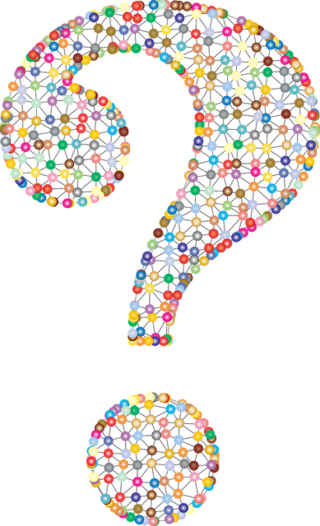
Even before the economy slowed because of COVID, the shortage of
decent-paying, ethical, reasonably secure jobs made people eager to try
being their own boss. But should you be self-employed, and what will be key for you in boosting your chances of success. I tackle that in my Psychology Today article today.

Despite the high breakup rate, many people want to be in a relationship. Some of the reason is volitional —They simply feel better in a couple. But other people are heavily driven by convention: It’s normative to be a couple.
Whether you're currently in a relationship or not, my Psychology Today article today offers some questions that may help you get clearer on what’s right for you, at least for now.
By definition, habits are done automatically. So we rarely think much about them.
But our habits can tell us a lot about ourselves. That's especially true of our daily routines. Over decades and thousands of repetitions, we’ve been refining those routines to fit who we are.
My Psychology Today article today asks you questions about your daily routines that may help you identify your core characteristics. Also, they'll confirm what you already believe about yourself, or maybe inspire you to make a change.

Playing cards is often dismissed as a waste of time. But in addition
to the pleasure my wife and I have derived, we’ve acquired life lessons. I describe them in my Psychology Today article today.

On seeing the title of a recent Psychology Today article, We've Got Depression All Wrong, it struck me that many people are living all wrong. I offer suggestions in my Psychology Today article today.
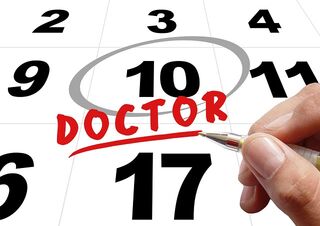
We’re all just one blood test or one medical exam away from a death sentence.
So as your appointment approaches, you can understandably be fearful. That's especially likely as you get older.
How can you deal with it? My Psychology Today article today offers suggestions, practical and psychological.

Over the years, a small but growing percentage of my clients work with me partly, or even mainly, by exchanging emails. My PsychologyToday.com article today makes the case for its advantages and then include an email exchange with a client.

Brainy people, the so-called gifted,
bring their own set of annoyances. My PsychologyToday.com article today describes 5
"overexcitabilities" identified by a psychologist, Kazimierz Dabrowski.

I have a troll, an anonymous person ever looking for a chance to publicly magnify whatever errors I’ve made. Worse, s/he has distorted my work and even manufactured lies, serious lies about me.
Of course, having a troll isn't fun but it has yielded unexpected benefits. I describe them in my PsychologyToday.com article today. It has implications for anyone who is criticized or bullied.

The COVID pandemic embeds important ethical issues. They have implications for our psychological as well as physical health. My PsychologyToday.com article today offers thoughts on five such issues.

Things seem to have reversed. Today, more men want to be a homemaker, the so-called Mr. Mom, while more women want a career.
My PsychologyToday.com article today offers two letters and my response to each. The first letter summarizes a session I had with a client yesterday. The other is a composite of a number of my clients.